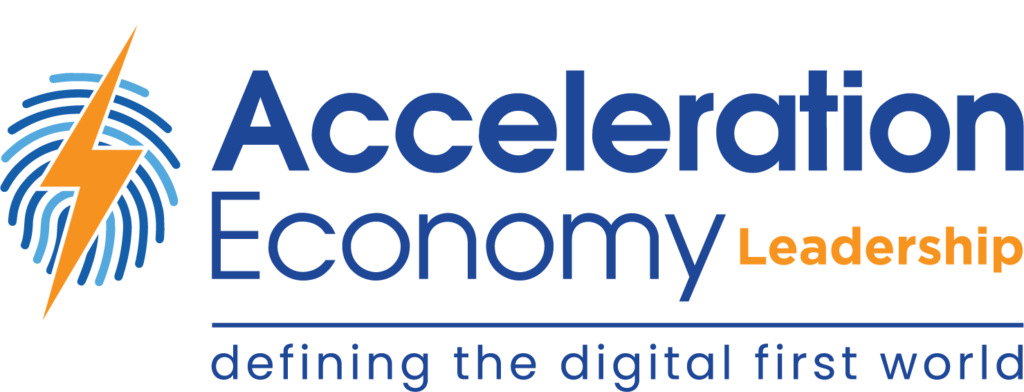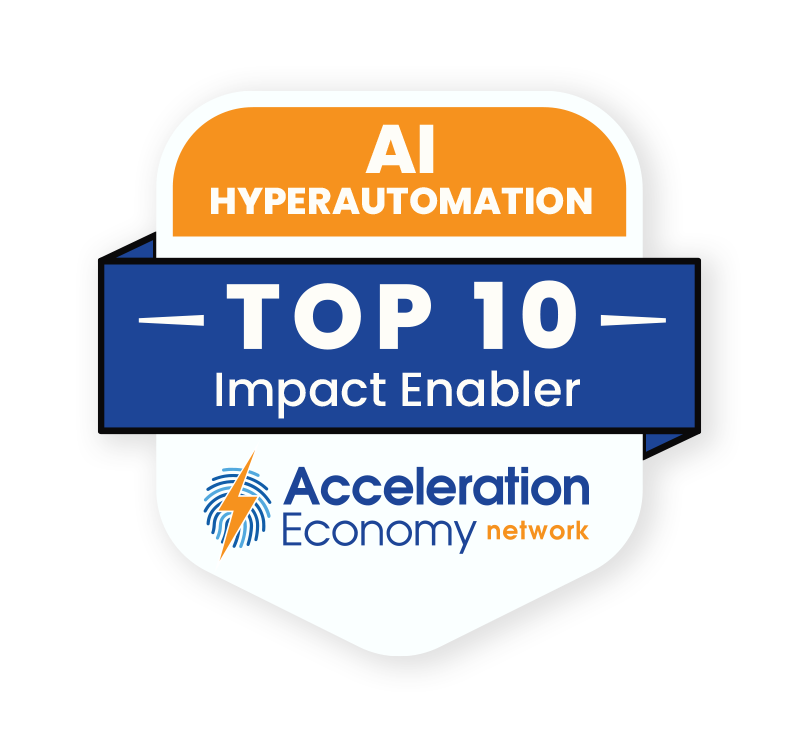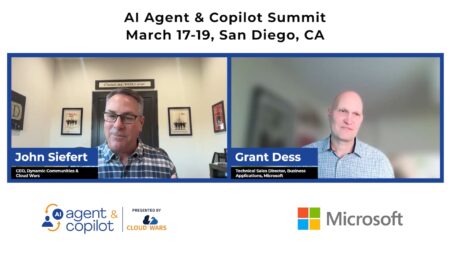In this preview conversation, which features excerpts from a longer interview, Tony Uphoff and best-selling author and Category Pirates‘ Co-Creator Christopher Lochhead discuss under-35-year-old digital natives, category design, and how ChatGPT has led to the creation of a new category outside of search engines, as well as new opportunities for today’s knowledge workers to transform into intellectual capitalists. Lochhead will be speaking at Acceleration Economy’s upcoming Digital CIO Summit, which takes place April 4-6. [EDITOR’S NOTE: The video above contains mature language.]
Highlights
00:59 — Christopher defines the concept of a native digital and a native analog. If you’re Native analog, your primary life experience is in the analog or the physical world, even though you may be over the age of 35. Christopher says that even though he and Tony have very rich digital lives, their primary life experience is analog first. Even as a sidecar or adjacency to his life, Christopher says his digital life is extremely important, but it’s still in a secondary place. Whereas for a native digital, the opposite is true.
01:58 — Say, for example, you are invited over to someone’s house for dinner. What do you do to notify your hosts that you have arrived and would like them to open the door for you? A native analog would ring the doorbell, whereas a native digital would send a text.
03:22 — Christopher and Tony remark on how this example is so simple, yet incredibly profound, because it simply asks and answers the question: “Where do you go first?”
03:32 — In an excerpt from a discussion on category design, Christopher talks about business books and how they mainly push the idea that the best way to compete is to be better: Build a better brand, build a better product, have a better supply chain, learn to do total quality management so you can have lower costs, and so on.
04:13 — Christopher says this would be great if it led to success, but more than 95 percent of startups fail, and most major corporations struggle to get past two or three giant category-defining and -dominating products. Even Google is having a hard time getting to three. Why is that?
04:53 — Historically speaking, none of the business legends thought that way. They thought differently. Henry Ford didn’t disrupt the horse; he created a whole new idea with the Model T and the car. The same goes for entrepreneur Sara Blakely, who didn’t disrupt the girdle, she created a whole new category with Spanx.
06:42 — In his research, Christopher found that 76 percent of the market cap goes to the “category queen” — the company or brand that creates a new category with its product. The same research found that if you compete on the “be better” model, you’re only playing for 24 percent of the opportunity in a category that already exists.
07:11 — ChatGPT is the latest example of a product leading the charge on a new category creation. The generative AI chatbot, as embedded in Bing, is not just a new product; it’s a radically different product. ChatGPT on its own is not “search,” and the search category has not just heated up. The search wars were about Bing and Google, and Google is the category queen of search. The breakthrough technology in ChatGPT represents a new category of technology.
08:42 — Rather than being a part of the “search” category, ChatGPT and ChatGPT/Bing are in a new category, and that new category is called “answer.” Will the new category cause demand and revenue to move from the search category to the answer category? Of course it will, but it’s not disrupting search, it’s creating answer.
09:16 — Creating “answer” will change “search” because now Bing is “search and answer.” So, this leaves Google with a twofold problem: It doesn’t have “answer” and it doesn’t have “search and answer.”
09:37 — This new category creation will have other repercussions for the workforce. “If ChatGPT can do your job, it’s not ChatGPT’s fault, it’s your job’s fault,” says Christopher. “We live in a world where the value of applying existing knowledge is rapidly declining.”
10:11 — So where does that leave knowledge workers like doctors, lawyers, teachers, and the like? Christopher says the new layer on the value stack of work is intellectual capitalism, which is essentially the creation of net new knowledge. In a digital world, net new knowledge can be shared at scale and monetized in a way that was not possible before. The good news, for workers, is that most intellectual capitalists start off as knowledge workers.
To hear more data modernization, AI/hyperautomation, cybersecurity, and growth strategies from CIO practitioners, tune into Acceleration Economy’s Digital CIO Summit, which takes place April 4-6. Register for the free event here.












